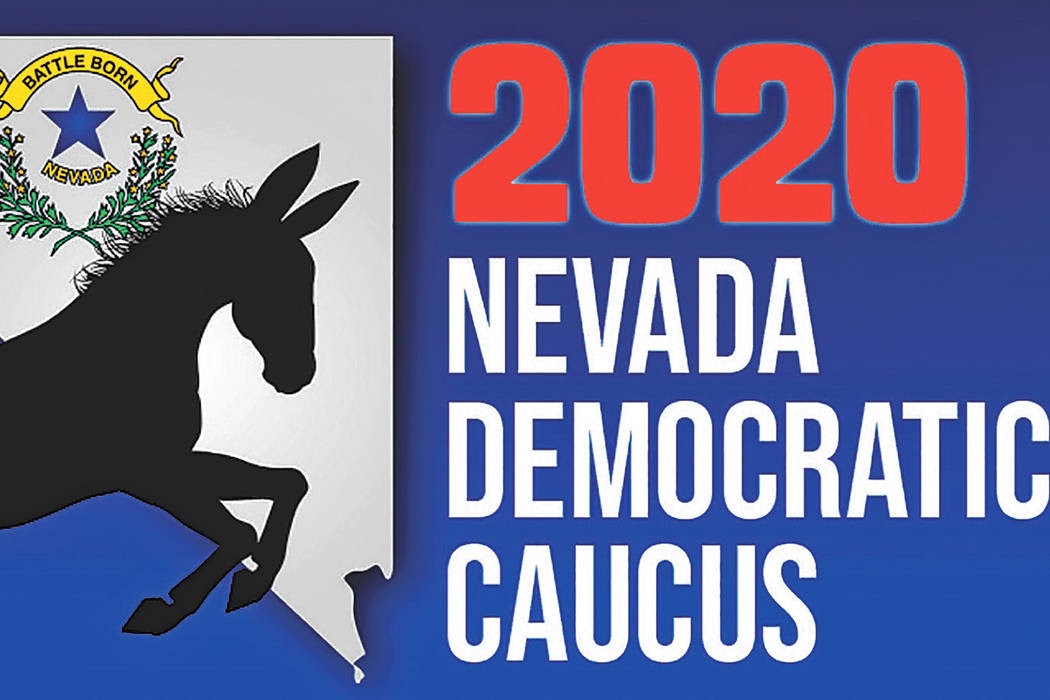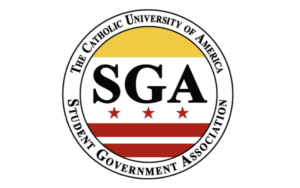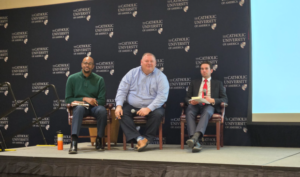2020 Election Update 2/21

By Jeremy Perillo
With the Nevada caucus around the corner, voters are anxious to see what is in store for the future of the party. The caucus will be taking place on Saturday, February 22nd, and the Democratic National Committee Chairman, Tom Perez, has said that the Democrats will not commit to the same-day release of Nevada results.
With the aftermath of the Iowa caucuses fresh in everyone’s mind, most Americans are waiting to see if there will be a repeat of the uncertainty that ensued while trying to determine the results. Nevada State Democrats are aware of the unusual attention because of the botched results in Iowa and are taking measures to ensure things move slowly.
The app used in Iowa was planned to be used in Nevada but has since been dropped. Instead, precinct captains will be using party-purchased iPads which will be used to perform vote calculations throughout the caucus process, access early vote totals, and submit results to the party, to remove the responsibility of tallying the votes from an application.
What does Nevada mean for the success of a Democratic candidate? As the polls, and the previous two primary/caucuses, have changed from what the expectations were going into primary season, Nevada will help in continuing to set the mood ahead of Super Tuesday. March 3rd could help push a candidate far enough ahead of the rest of the pack that they could attain the nomination.
For candidates like Joe Biden and Elizabeth Warren, who were strong in the polls before the Iowa caucuses and fell behind afterward, the future may be short-lived if they are unable to gain enough support to secure delegates. There is a possibility that Democrats will go to their party convention this summer without a candidate clinching the nomination from the get-go.
With such a tight and crowded field, there is a strong chance of a brokered convention. Five of the six of the candidates on the debate stage Wednesday night argued that a candidate with a plurality rather than a majority of delegates, should not automatically receive the nomination. Sanders, a strong possibility for still being the front runner at that point, argued that in that case, the candidate with the most delegates should receive the nomination.








